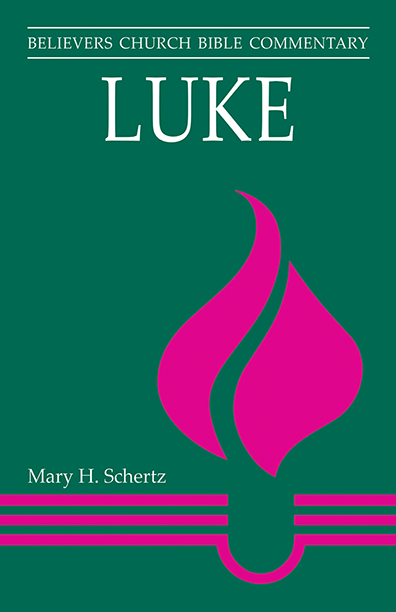Orthodoxy, Orthopraxy, and Orthopathy
![]() Home A B C D E F G H I J K L M N O P Q R S T U V W X Y Z Abbreviations Glossary
Home A B C D E F G H I J K L M N O P Q R S T U V W X Y Z Abbreviations Glossary
Orthodoxy and orthopraxy are familiar terms in college and seminary studies of theology. Orthodoxy, from its Greek roots, is “right thinking.” Likewise, orthopraxy is “right doing.” When Cheryl Bridges Johns, at that time professor of spiritual renewal and Christian formation at Pentecostal Theological School in Cleveland, Tennessee, presented a series of lectures at Anabaptist Mennonite Biblical Seminary in 2007, she introduced us to “orthopathy.” Catholics are good at orthodoxy, she said, and you Mennonites are good at orthopraxy. But, she said, you need the Pentecostals, because the Pentecostals are good at orthopathy. Orthopathy is “right feeling,” or as she went on to say, orienting one’s own passions to the passions of God. This lecture series was an “aha” moment for me. Johns keyed me in to something that I was missing and also seemed to be missing in my tradition. She was right: we need the Pentecostals. Orienting ourselves to the passions of God is right in and of itself; it is also the integrating principle between orthodoxy and orthopraxy. It is the why that grounds and undergirds right thinking and right doing.
These terms have some particularities when they are considered while studying the Bible. We can, do, and should use the Bible to think rightly about God, Jesus, the Holy Spirit, sin, salvation, ecclesiology, eschatology, and all the other topics of faith. The pages of Scripture are the main source of information about these as well as other questions. Whatever we think about them must be grounded in Scripture. In addition, we can, do, and should use the Bible to discern how we are to act and what stances to take on various issues. The life of discipleship is uniquely informed by the biblical canon. Our moral and ethical thinking needs to be deeply embedded in the stories, prose, and poetry of the biblical canon. We give much of our time and energy to these two tasks as we study the Bible. That is right and proper.
Equally important is our orthopathic investment in Scripture. We must ground not only what we think and do in the biblical text, but also how we feel. In fact, if our passions are not oriented to the passions of God, if how we feel is not shaped and determined by how God feels, we are certain to fail at thinking and doing according to the will of God. Orthopathy is the missing piece. It connects our heads and our hands. It energizes our core will to be on the side of God, no matter what.
Studying the Bible orthopathically is no less a discipline than reading it for theology or ethics. In fact, reading the Bible orthopathically is the quotidian practice of devotion. That is to say, we can study the Bible intensely and with focus for insight on a theological topic or ethical issue. To read the Bible orthopathically, we need to be ready to live with the Bible and commit ourselves to regular Bible study—for its own sake rather than for what we can get out of it for an immediate need, no matter how legitimate that need may be. Reading the Bible orthopathically is reading the Bible for the long haul. Memorization is key: the words need to be not only on the page but also in our minds and hearts. Using the Anabaptist prayer books has been important for many people: repetition, familiarity, patterned reading, and praying contribute to these words living in our lives.
Looking with others at biblical stories about which we think we know everything can also be helpful. At one point I thought I could learn nothing new from the story of Zacchaeus. How many times can you act out that story, after all? But that story has become the touchstone of my own spiritual growth. As a white North American, a person of privilege, am I actually doing justice? Just as importantly, am I doing it with the exuberant joy of Zacchaeus? There are many ways to read the Bible orthopathically, alone and with other people. Yet it needs to be part of our everyday lives. I am not suggesting that if we do not spend an hour a day in devotions, we are not and never will be good Christians. I am saying that if we do not make some effort to read the Bible regularly, we will miss out on what is perhaps the surest and most rewarding way to grow in our faith.
| —Mary H. Schertz |
